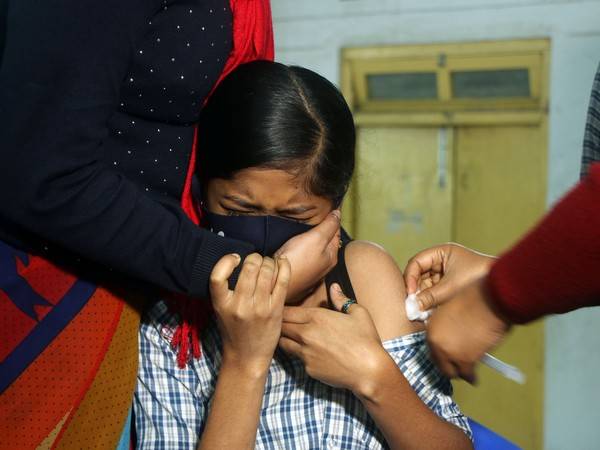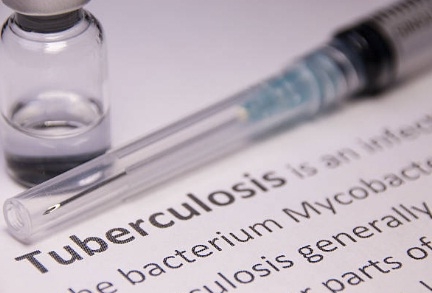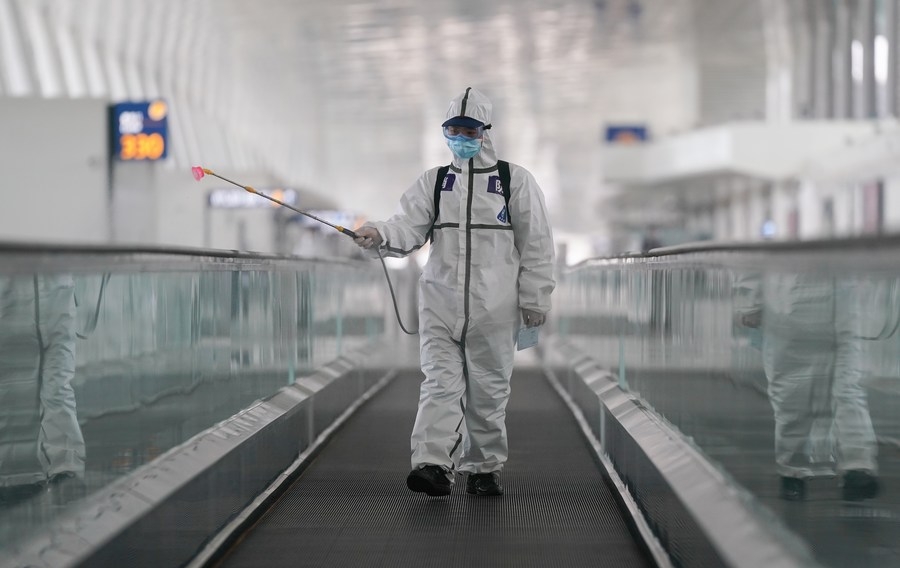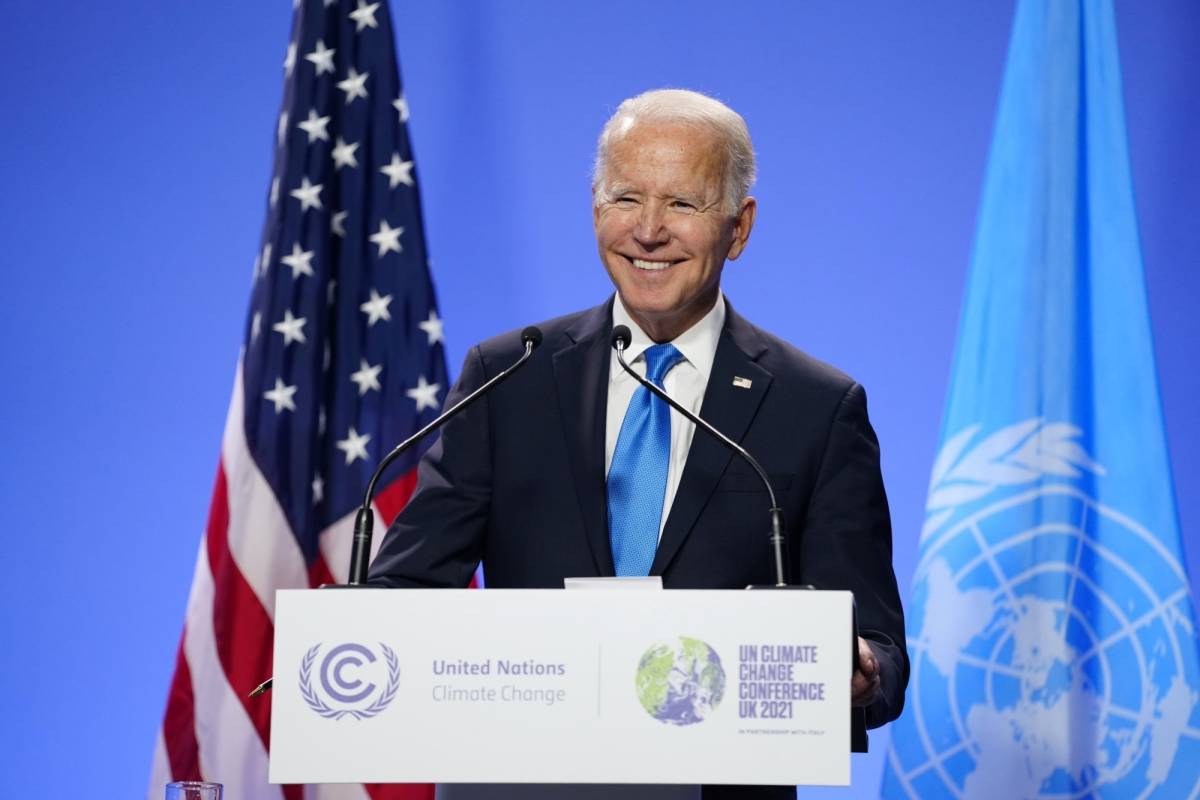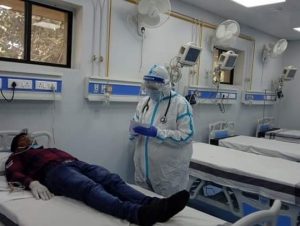Besides continuing to respond to the pandemic, WHO is also putting in place new measures to help keep the world safe against future epidemics….reports Asian Lite News
Even as some high-income countries have rolled out fourth and fifth Covid vaccine doses, one-third of the world’s population is yet to receive a single dose, according to the World Health Organization (WHO) chief Tedros Adhanom Ghebreyesus.
This includes about 83 per cent of the population in Africa, while on the other hand many high- and middle-income countries have reached 70 per cent target of Covid vaccination.
“This is not acceptable to me, and it should not be acceptable to anyone,” Ghebreyesus said.
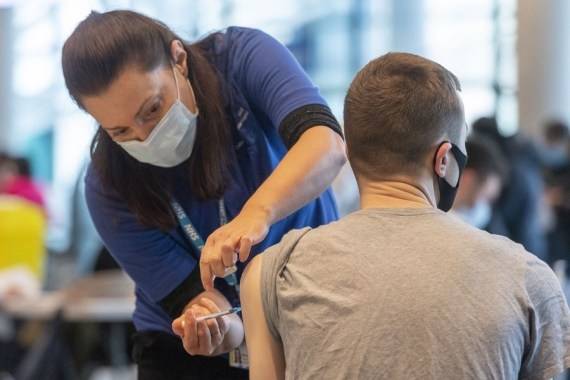
“If the world’s rich are enjoying the benefits of high vaccine coverage, why shouldn’t the world’s poor? Are some lives worth more than others?”
He also unveiled the updated Strategic Preparedness, Readiness and Response Plan for Covid-19.
“This is our third strategic plan for Covid-19, and it could and should be our last,” Ghebreyesus said, even as he laid out three possible scenarios for how the pandemic could evolve this year.
The most likely scenario is that the virus continues to evolve, but the severity of disease it causes reduces over time as immunity increases due to vaccination and infection.
Periodic spikes in cases and deaths may occur as immunity wanes, which may require periodic boosting for vulnerable populations, he noted.
“In the best-case scenario, we may see less severe variants emerge, and boosters or new formulations of vaccines won’t be necessary. In the worst-case scenario, a more virulent and highly transmissible variant emerges,” Ghebreyesus said.
Against this new threat, people’s protection against severe disease and death, either from prior vaccination or infection, will wane rapidly.
Addressing this situation would require significantly altering the current vaccines and making sure they get to the people who are most vulnerable to severe disease, Ghebreyesus said.
To combat these, Ghebreyesus emphasised on the need for surveillance, laboratories, and public health intelligence; vaccination, public health and social measures; clinical care for Covid-19, and resilient health systems; research and development, and equitable access to tools and supplies; and coordination, as the response transitions from an emergency mode to long-term respiratory disease management.
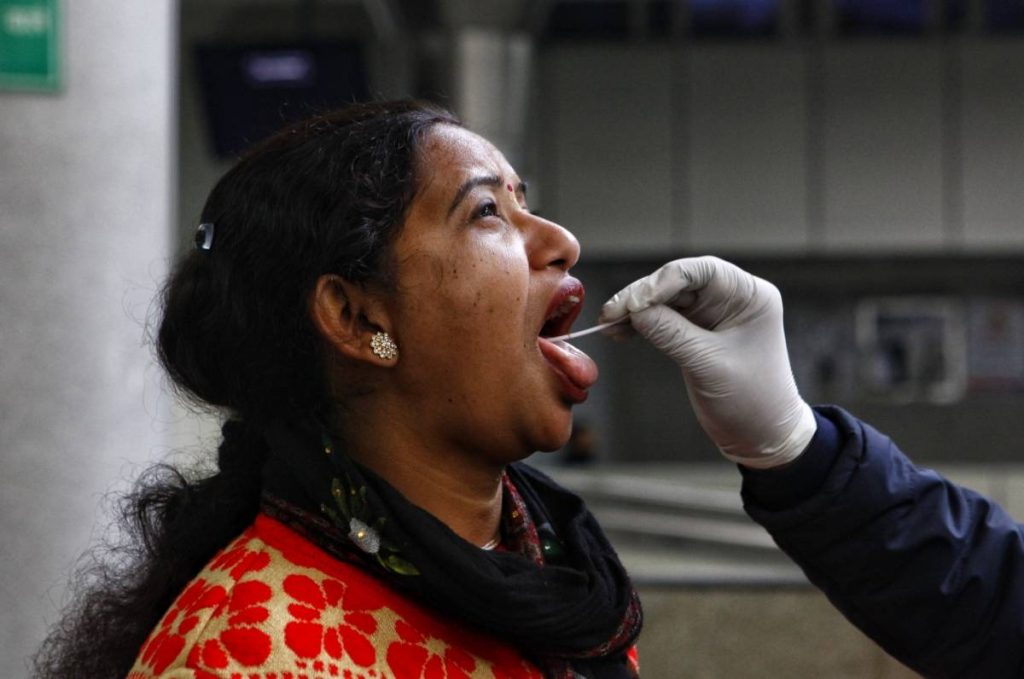
“We have all the tools we need to bring this pandemic under control: we can prevent transmission with masks, distancing, hand hygiene and ventilation,” the WHO chief noted, adding the importance of tests, treatments and equitable vaccines to save lives.AA
Besides continuing to respond to the pandemic, WHO is also putting in place new measures to help keep the world safe against future epidemics.
“Today we are launching a new strategy to scale up genomic surveillance globally for pathogens with epidemic and pandemic potential,” the health agency chief said.
WHO will aso launch a new global strategy for arboviruses – the family of viruses spread by mosquitoes that includes Dengue, Zika, Chikungunya and Yellow fever, and which pose a threat to more than half the world’s population.


